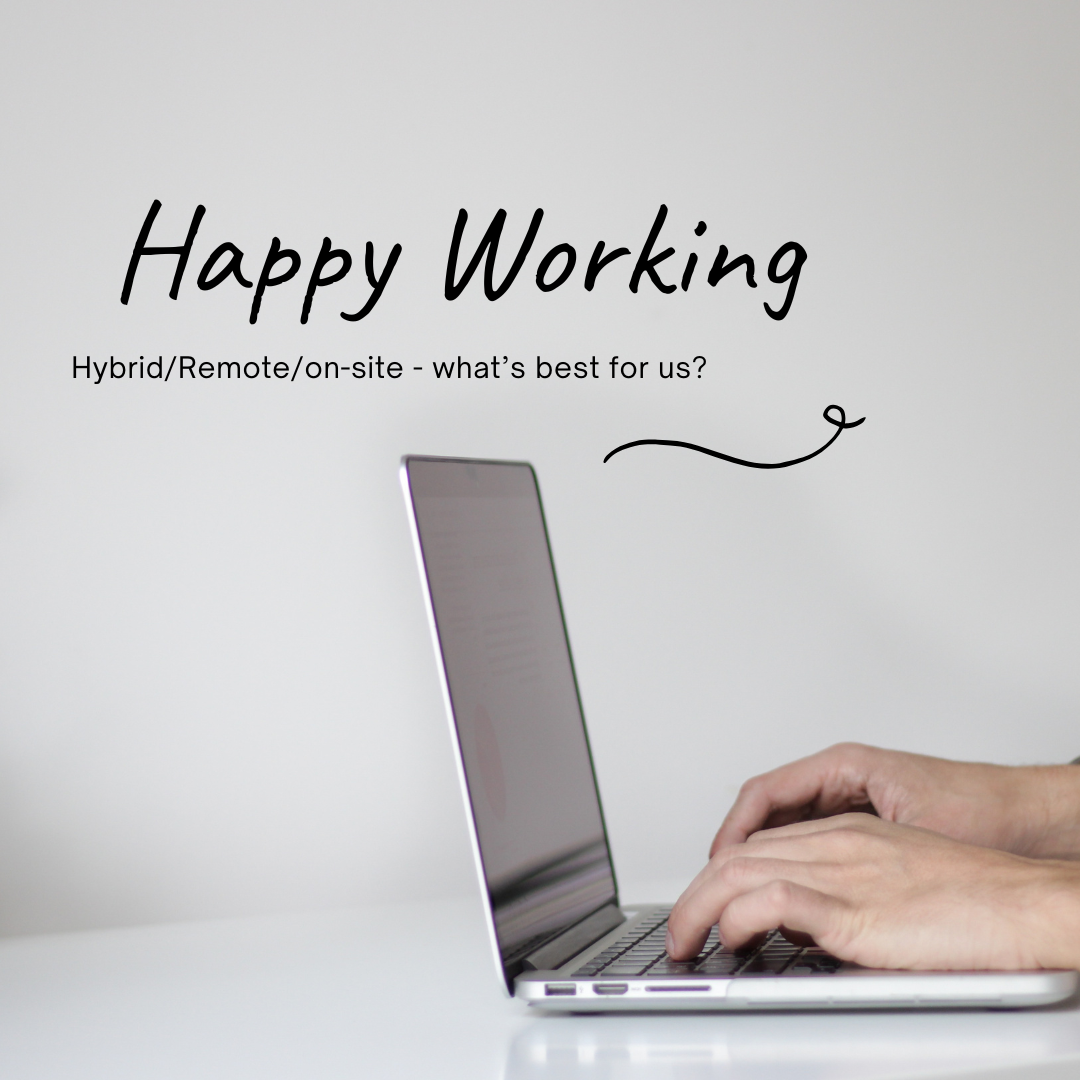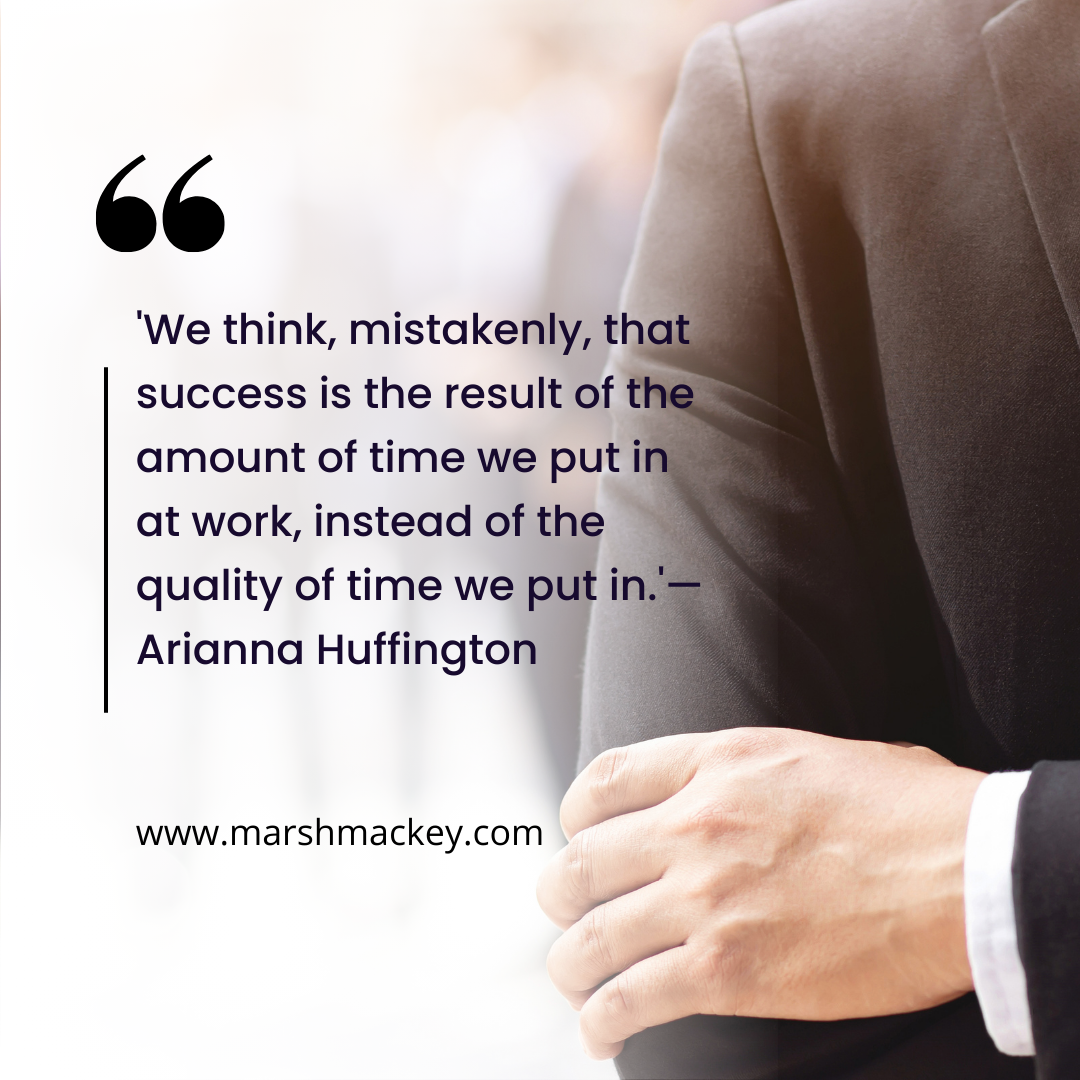The shift toward hybrid and remote working has transformed the modern workplace, offering flexibility, reduced commuting, and improved work-life balance. However, it’s also having a profound impact on our social development—both positively and negatively.
On the positive side, remote work has encouraged greater independence and self-motivation. Many employees have developed stronger time management and communication skills, particularly through digital platforms like Zoom, Slack, or Teams. Virtual collaboration has also allowed for broader networking across geographies, enabling people to connect with colleagues and clients worldwide.
However, the downside is becoming more apparent. With fewer face-to-face interactions, opportunities for informal learning, spontaneous brainstorming, and casual socialisation—like hallway chats or lunch breaks—have diminished. These moments, while often undervalued, are essential for building trust, empathy, and strong team dynamics.
For younger or newer employees, the lack of in-person mentorship and observation can hinder the development of soft skills and workplace confidence. Remote environments also risk increasing feelings of isolation, which may affect mental health and reduce a sense of belonging.
Hybrid models offer a balance, but they require intentional planning to ensure in-office days are meaningful and inclusive. Organisations must foster social engagement through regular check-ins, team-building activities, and opportunities for collaboration—both virtual and physical.
In conclusion, while remote and hybrid work bring flexibility and productivity, they challenge the organic social development traditionally shaped by the office environment. Addressing this requires conscious effort to maintain human connection in a digital-first world.






